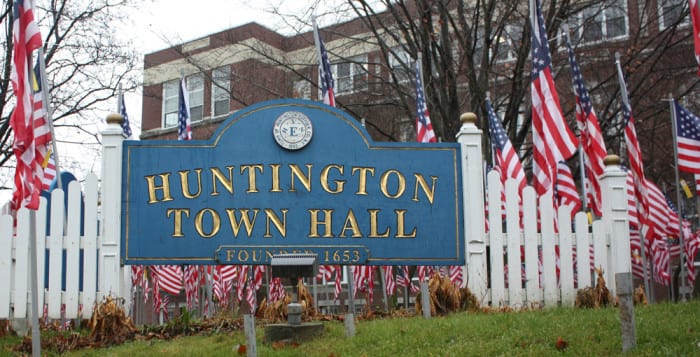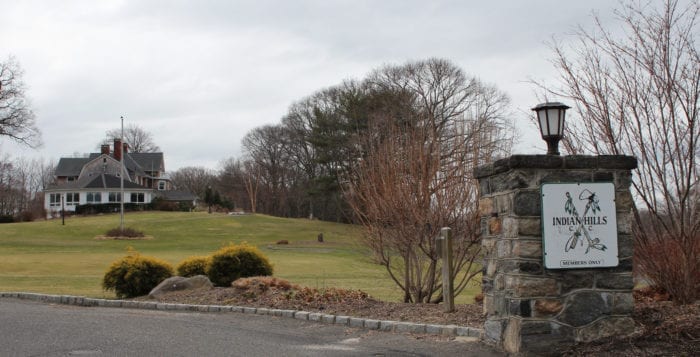It’s status quo in Huntington. Voters reelected incumbents to fill seats in the county Legislature and town council.

The popularity of Joan Cergol (D) shined through on election night, maintaining a clear voter count lead as district results were reported. Eugene Cook (R) eventually took back his seat for town council, but early on election night it looked as if challengers Kathleen Cleary (D) or Andrea Sorrentino (R) might unseat him.
“It’s been quite a journey,” Sorrentino said. “I’m just a guy off the street who decided to run and became a strong contender in this election.”
In the end, Republicans maintain control of the town council with the same people representing citizens. And with Steve Bellone (D) cinching the county executive for a third term, it’s government as usual until the next election cycle.
The big change in Huntington: Town Clerk Jo-Ann Raia, who served for 40 years, passes the baton to her son Andrew (R-East Northport), a state Assemblyman for 17 years. He stays in state office until Dec. 31 and assumes his role as town clerk Jan. 1. “I’ll be working two jobs for the rest of the year,” he said. “The first thing I’ll do is help my mother clear off her desk.”
He expects to leave state government with impact. On Nov. 1, he requested that the state Department of Health conduct a longitudinal study for the Northport Middle School, where students, teachers and staff have reported for decades poor air quality, enough to make people seriously ill. Some people blame the building for the school community’s high cancer rates and other rare illnesses.
Raia’s vacant state Assembly seat could trigger a special election. The process, Raia said, doesn’t require a primary. The governor, Andrew Cuomo (D), however, may opt to skip on a special election, since 2020 is an election year. The governor has 77 days from Jan. 1 to decide, according to Raia.
David Luces, Rita J. Egan, Leah Chiappino and Donna Deedy all contributed reporting.



















